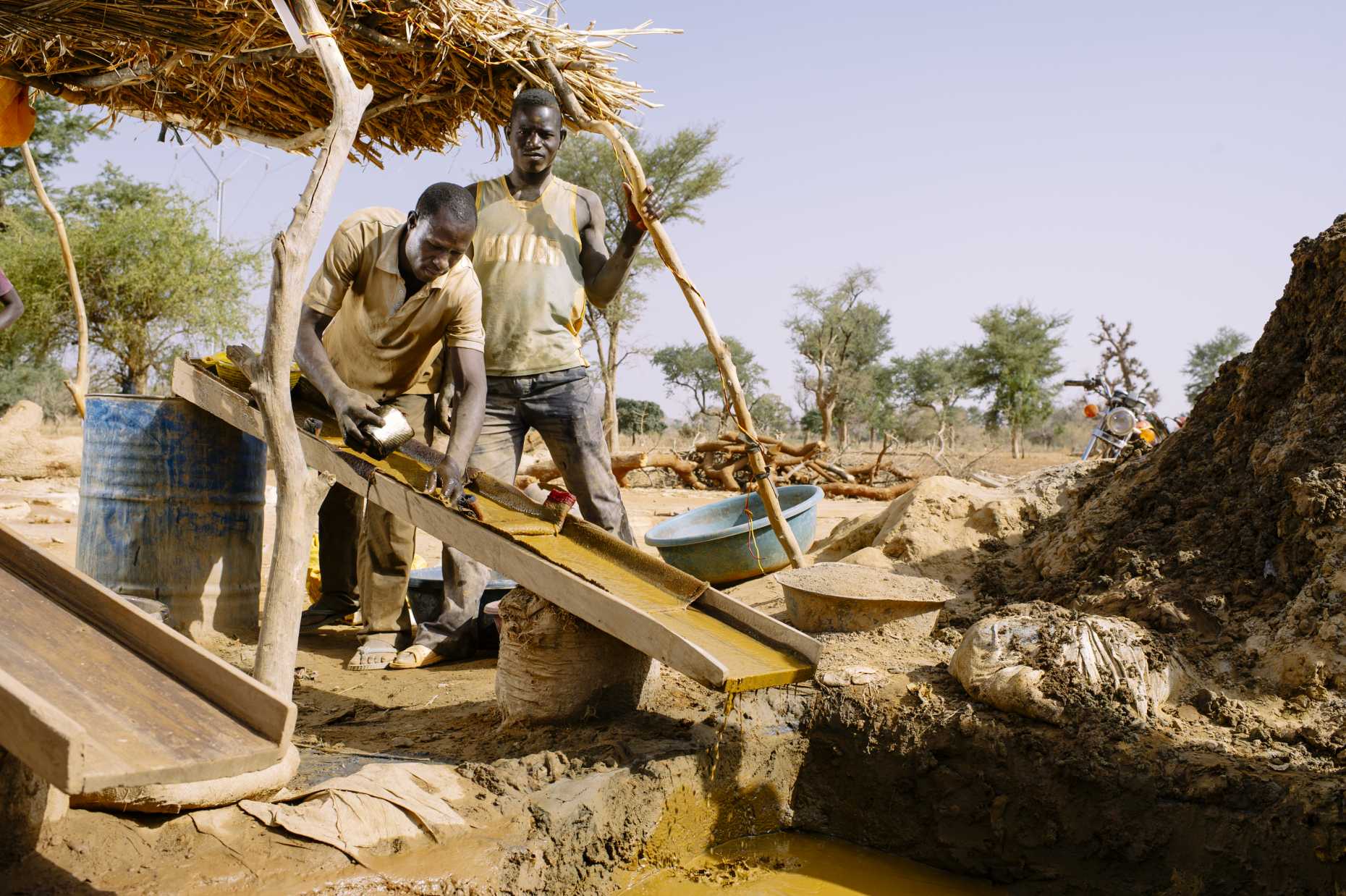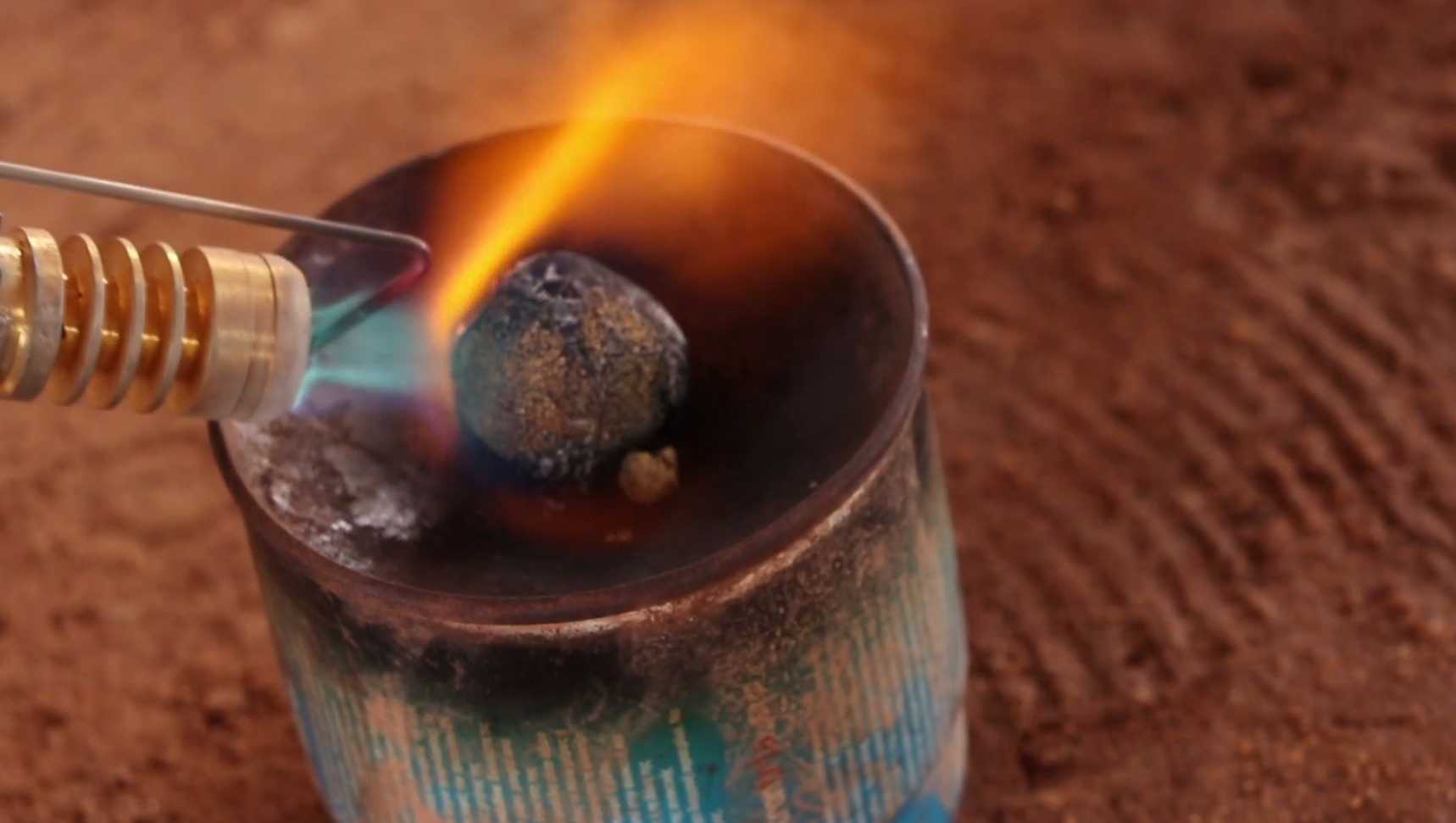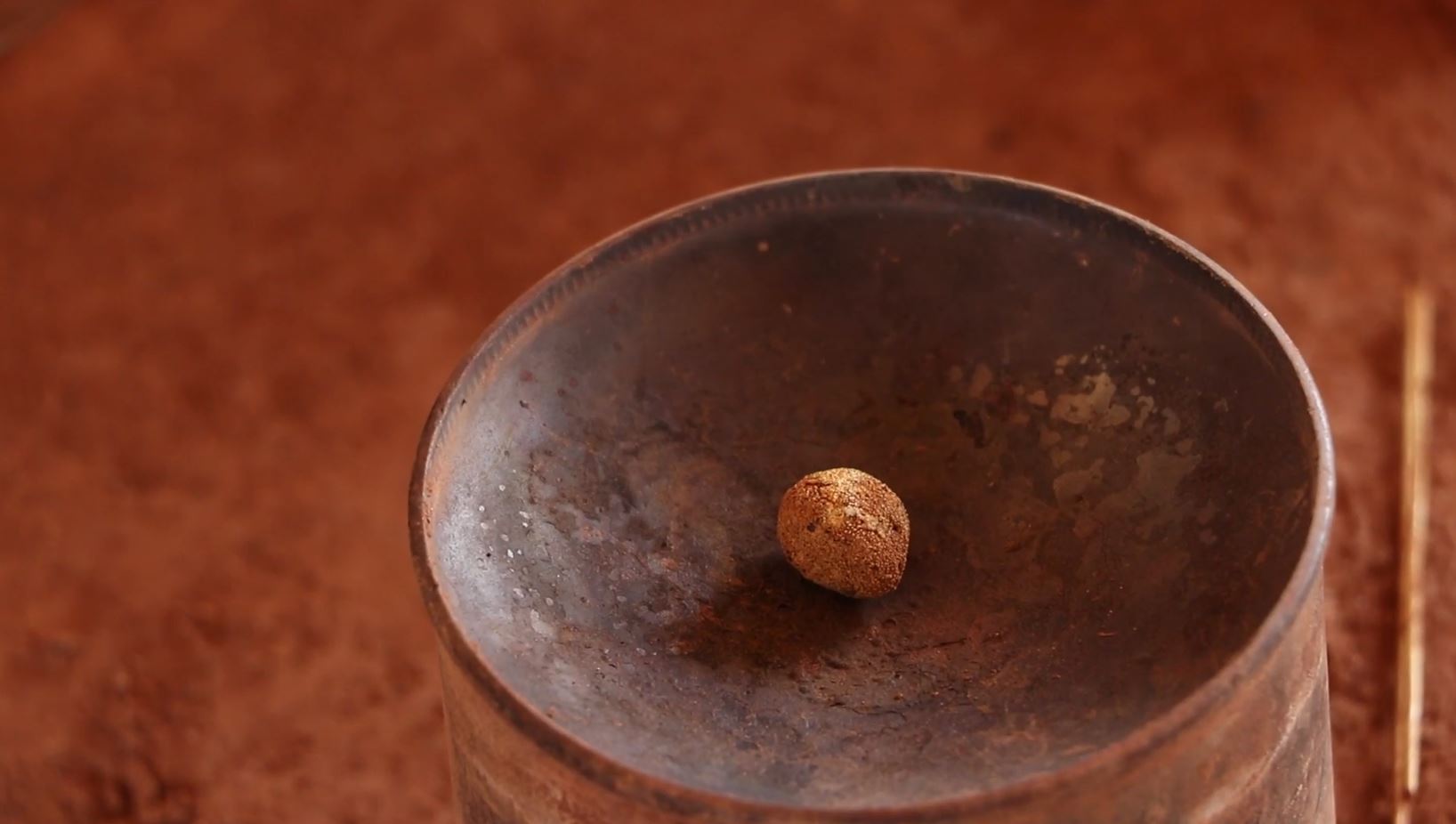Interview: Antoinette van der Merwe on artisanal mining in Burkina Faso
While most of the world’s gold is extracted by industrial mines, about 20 percent is produced by millions of artisanal miners trying to make a living by mining gold with only basic tools and methods. This includes the use of toxic chemicals like mercury. In this interview, Antoinette van der Merwe talks about her research into miners’ knowledge of working with mercury and use of protective gear in Burkina Faso.
In Burkina Faso, one of the largest gold producers in Africa, an estimated 600,000 to one million people are directly or indirectly involved in artisanal gold mining [1]. Although artisanal gold mining has a significant potential to alleviate poverty, it is also known for various problems, including child labour, hazardous working conditions, and pollution.
One serious health hazard comes from mercury, a dangerous toxin used in the mining process; miners add mercury and water to gold ore, the mercury then attaches to the gold particles, forming a gold amalgam, which can be easily removed. Miners burn the gold amalgam to evaporate the mercury and are left with the precious gold. This method makes artisanal gold miners the largest source of anthropogenic mercury pollution in the world.

Antoinette, in your research you focus on the artisanal mining sector in Burkina Faso. How does artisanal mining compare to industrial mining? And what are the working conditions like in artisanal mining?
Industrial and artisanal mining are different in every way. While industrial mines are very capital intensive, artisanal miners are often poor people trying to make a living looking for gold basically anywhere, with very basic tools and methods, which include the use of mercury. The miners work in dangerous conditions. For instance, tunnels frequently collapse. Even during our fieldwork, one of the tunnels collapsed and five miners were killed. The artisanal mining sector is also involved in child and forced labour, financing armed conflicts, and terrorist activity. It’s a really difficult sector. But it does have a large potential to alleviate poverty. One gram of gold extracted by artisanal miners creates almost 50 times more jobs than industrial mines.
How does the Burkinabe government regulate artisanal mining?
In Burkina Faso, 95 to 99 percent of artisanal gold mining is informal. This means that miners work without a license. A few government agencies are trying to regulate the sector, and Burkina Faso also rectified the UN Minamata Convention on Mercury, which aims to limit the use and trade of mercury. However, miners still prefer using mercury for various reasons; for example, they can use mercury anywhere, which is really useful if you move around a lot or if you are engaged in illegal activity.
You conducted research in four artisanal mines in Burkina Faso. What exactly did you study?
We conducted a survey with about 300 miners to see how they think about mercury, what their knowledge is, and how they protect themselves from mercury poisoning. We took hair samples from about 180 participants, which we analysed to see how much mercury they had been exposed to in the last month. We also conducted a field experiment in which we gave out masks and gloves. And we did two rounds of follow-up phone surveys to see if the miners were using the protective gear.
And what have you found?
Even though mercury can make miners sick, we find low use of personal protective equipment and behaviour. Although we found that miners know mercury is dangerous, they don't think that it 's the most dangerous thing in a mine. Miners face very immediate dangers every single day, they don’t perceive mercury poisoning, the effects of which usually show up later, as the greatest danger. While miners know that mercury is dangerous, most of them have, however, insufficient knowledge about its risks and the possibilities to protect themselves. We found that most of the ways miners protective themselves are not effective, according to the literature. Therefore, as a part of our study, we gave out masks and gloves to see how this would help increase usage.
What did the analysis of the hair samples show?
Fortunately, we found that most of the miners were not contaminated. But there were some people with very high levels of mercury contamination. People who frequently work with mercury or work in the mines for long periods, as well as traders, were more contaminated.
Switzerland is one of the largest importers of gold in the world. Does gold from mines in Burkina Faso also end up here?
Yes, it does. Four of the largest refineries in the world are in Switzerland. A few years ago, Public Eye published a external page report saying that gold is smuggled from Burkina Faso to Togo and neighbouring countries, and from there is airlifted to mostly Swiss refiners. So-called “illegal gold” is also exported to refiners that are not accredited with the LBMA [2] . "Illegal gold" can enter the supply chain in various ways: when unaccredited refiners sell gold to Swiss refiners, or it’s made into jewelry, which is then sold as “recycled gold”.
One last question about yourself: How did you get into global development research?
I am originally from South Africa, where you are often directly confronted with inequality and people living in poverty. So I’ve always been interested in the topic and what can be done to help. My parents dedicated their careers to helping those in need, they inspire me every day. Poverty and what we can do to help were always topics in our household. In that way, I think, it has always been a part of life
[1] https://www.unido.org/news/unido-help-burkina-faso-work-towards-elimination-mercury-use-artisanal-and-small-scale-gold-mining-sector
[2[ The London Bullion Market Association aims to increase due diligence for refiners.


